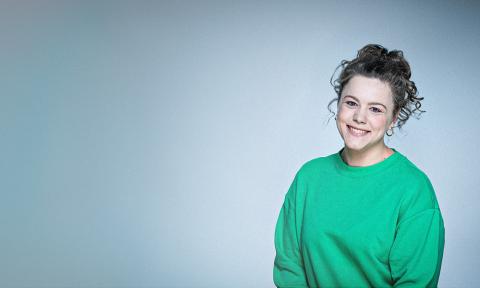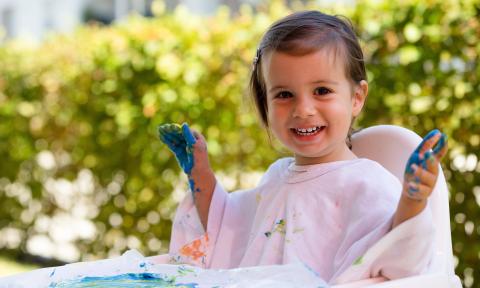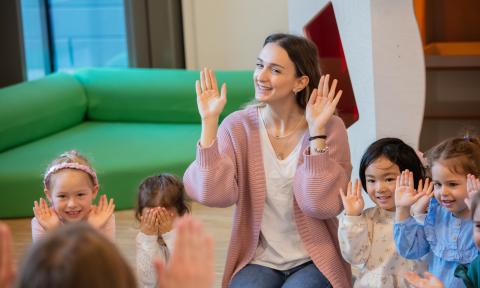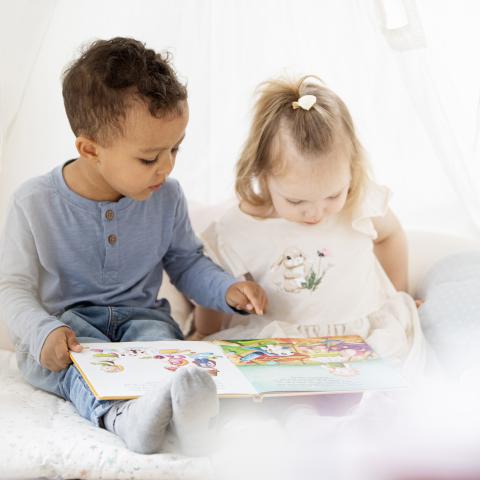
Bilingual education in kindergarten
What effect does bilingual education have on cognitive skills?
Bilingualism therefore contributes greatly to children's cognitive development. According to studies, bilingual children develop better cognitive skills compared to monolingual children. These include problem-solving and analytical thinking and a more flexible approach to languages.
Bilinguals are also generally better able to understand abstract concepts and formulate complex thoughts. Learning a second language also promotes working memory, as bilinguals have to switch continuously between the two languages. Cognitive control, i.e. the ability to block out unwanted information, is also strengthened. It is therefore hardly surprising that important educational figures such as Humboldt also describe learning foreign languages as immersion in a different way of thinking and as a must for an educated person.
What are the advantages of bilingual education?
In addition to the cognitive developmental benefits of bilingual education in kindergarten already mentioned, the promotion of cultural diversity should also be mentioned. Children not only learn a new language, but also get to know and appreciate the culture associated with it. They develop empathy and tolerance towards other cultures and are thus better able to build intercultural skills. This is particularly important in the world in which we all find ourselves today and into which our children are growing.
What challenges does bilingual education pose?
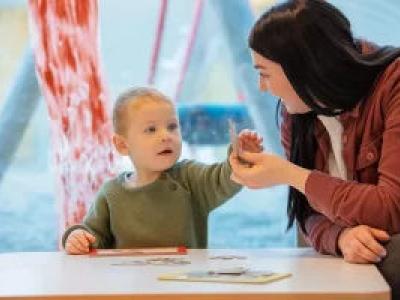
The challenge for the child's brain is to keep the two languages apart and link them at the same time. This requires a high level of cognitive flexibility and adaptability, which, according to studies, has a positive effect on cognitive skills.
These highly cognitive processes can make your head spin. It is therefore important to ensure that bilingual education in kindergarten does not overwhelm the children. Otherwise, they could lose the joy of learning the language. Educational professionals must therefore proceed with particular sensitivity.
They should not correct the children, but support and encourage them to discover and use the language in order to find the right word themselves. It is important to find a good balance between the two languages and, above all, it should be fun. Furthermore, adequate resources are necessary to provide the children with a high-quality and comprehensive education.
What is the ideal age for bilingual education?
There is no ideal age limit at which children should start bilingual education. Most experts are of the opinion that children who come into contact with a second language at an early age can learn it more easily and naturally. This enables them to become more proficient in both languages. Experts recommend that children should ideally start bilingual education before the age of five. This is because at this age, the brain is still very adaptable to languages and has a high level of cognitive flexibility. When children are older, they can also learn a second language, but it can be more difficult as the brain has already prioritized a primary language.
Which concept of bilingual education is used at the Wichtel Akademie?
There are various concepts for bilingual education in kindergarten. The Wichtel Akademie uses the concept of immersion. The children are immersed in the language and learn words not in isolation, but in the context that surrounds them. The concept is always adapted to the needs of the children and the facility. It is important that the children are introduced to the new language in a playful and child-friendly way.
